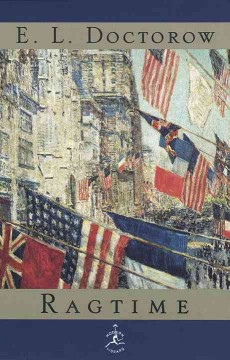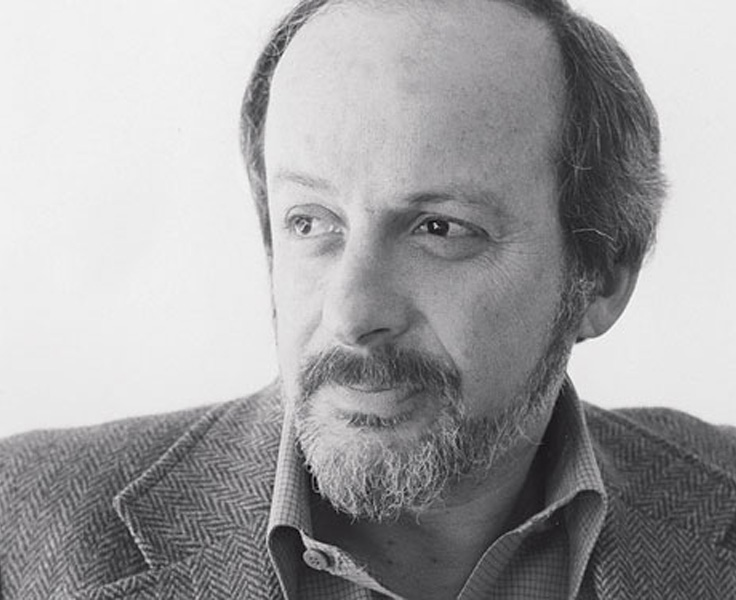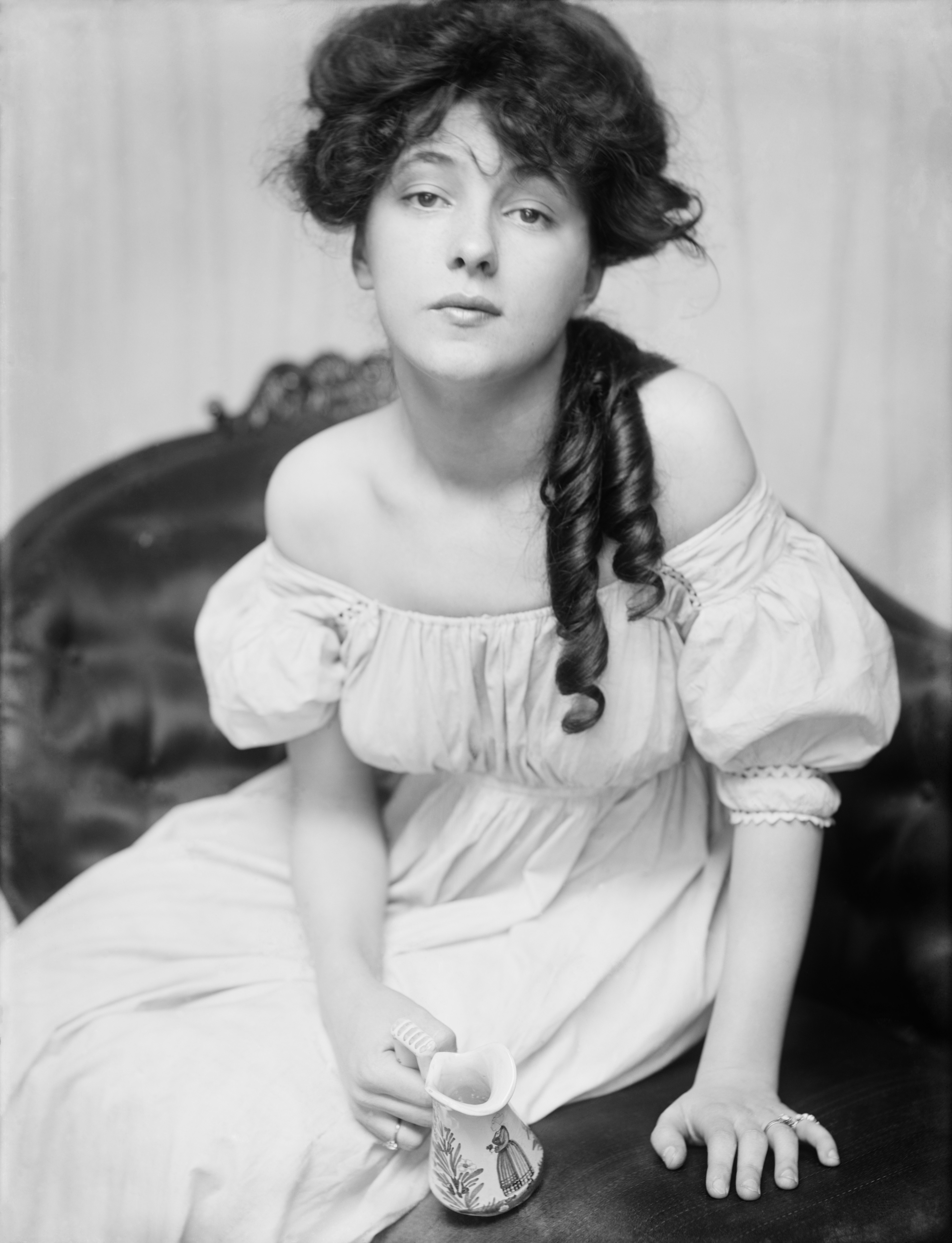 Should we be surprised that political matters entered the discussion so trenchantly when we came to discuss E. L. Doctorow’s famous novel Ragtime? It certainly was not what I expected but perhaps I am naive. We did spend much of the evening talking about the literary aspects of the book, the striking style, the pleasure of meeting famous figures from history fictionally presented: JP Morgan, Freud, Houdini, Roosevelt, Ford. Even Evelyn Nesbit, Harry Thaw, and Stanford White, we learned, were historical characters.
Should we be surprised that political matters entered the discussion so trenchantly when we came to discuss E. L. Doctorow’s famous novel Ragtime? It certainly was not what I expected but perhaps I am naive. We did spend much of the evening talking about the literary aspects of the book, the striking style, the pleasure of meeting famous figures from history fictionally presented: JP Morgan, Freud, Houdini, Roosevelt, Ford. Even Evelyn Nesbit, Harry Thaw, and Stanford White, we learned, were historical characters.
We did indeed reread aloud several favorite passages and marveled at how Doctorow could leave behind the terse, journalistic style to pour on the brilliant prose.
And we enjoyed hearing the little-known backstory behind the naming and history of the character of Coalhouse Walker—the character lifted from a 19th century German tale that bore striking resemblances to Doctorow’s character, a feature that raised eyebrows at first until we agreed that the practice is not uncommon in literature.
Still, it was surprising to me to learn that Doctorow’s own progressivist politics were behind so much of the plot. Even more surprising was to hear the charge that “there was nothing historical about the book,” a statement that seemed to the rest of the table as exaggerated in the least.
But it was more or less agreed upon by the conclusion of the night that the figure of Father symbolized the old world of imperialism, flags and patriotism, and white male privilege. He died emaciated and empty. Mother’s Younger Brother, maker of weapons and bombs, was the 20th century. But Mother and Tateh, the Jewish immigrant she eventually married, represent the new progressive world of rising multiculturalism, feminism, overcoming traditional limitations of class, and of westward movement. Tateh becomes rich by getting in at the beginning of the era of moving pictures and took the new family to California. It becomes apparent that the book is substantially about the transition from the 1800’s to the time of the First World War.
Many other features were observed, too many to annotate here. But one that cannot be overlooked is the significance of the little boy. He sees what no one else sees. He collects cast off things and retrieves them from the trash. He told Houdini to warn Archduke Ferdinand when he saw him. Is he Doctorow himself? Growing up in the early 1900’s, living in Doctorow’s own house in New Rochelle? Almost certainly.
All of this, and the many more lines I could compose about this book, reveal a work of almost unimaginable research formed into a masterful work of genius, with numerous symbols, numerous connections. It is a deeply intricate tapestry.
 Doctorow died last July, which is what prompted his appearance at our table. In Ragtime and other novels some of us read, we have found him to be a writer of great skill and imagination.
Doctorow died last July, which is what prompted his appearance at our table. In Ragtime and other novels some of us read, we have found him to be a writer of great skill and imagination.
For next month, we are reading a noir twofer: The Maltese Falcon and The Big Sleep. And don’t forget the Christmas book exchange.
